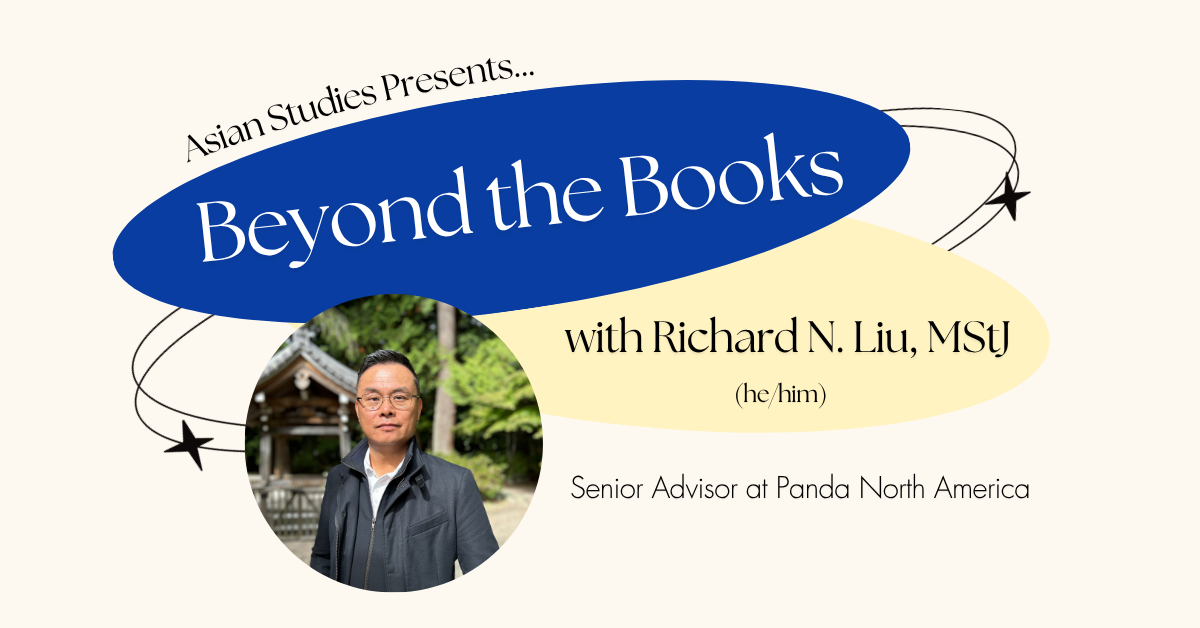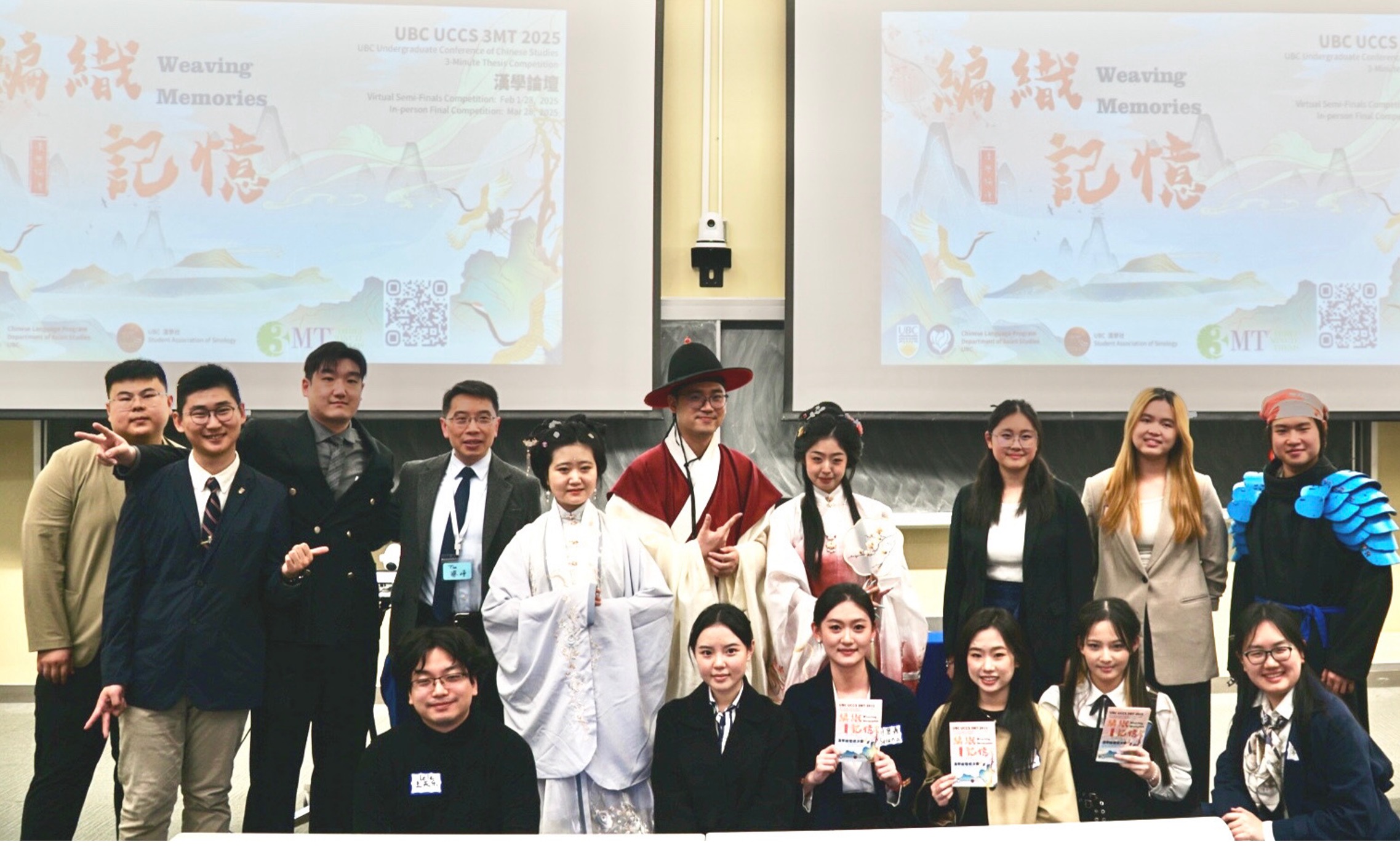Interested in what you can do with a degree in Asian Studies? In our Alumni Spotlight Interview Series, we ask our alumni about their career paths, how they became interested in Asian Studies and for any advice they would give to current students. This interview features North K. Compton UBC Asian Studies BA 1999. Williams is currently the Business Development Director at MRINetwork.com, Tokyo, Japan.
![North-Compton[1]](https://asia.ubc.ca/wp-content/uploads/sites/18/2013/05/North-Compton1.jpg)
![North-Compton[1]](https://asia.ubc.ca/wp-content/uploads/sites/18/2013/05/North-Compton1.jpg)
Please tell us a bit about yourself. Where do you live? What are you currently doing?
I have lived in Tokyo for the past 14 years, with one year in Hong Kong. I have worked in multiple capacities in recruitment, but for the last 8 years I have done Franchise Development for MRINetwork, the World’s largest franchised recruitment agency.
How did you start working abroad?
I was bored with college and the sterility of Vancouver, I dropped-out in my first year and came to Japan on the Working / Holiday visa program when I was 19 and stayed for 3 years before returning to school. This experience helped me to better determine what I wanted to study and I got a lot more out of UBC as a result.
Any Advice for other alumni that are hoping to go abroad?
I think first and foremost, all grads fresh out of school need to be as flexible as possible whether that be location, salary or functional role. When speaking to interns, I always hear them repeat absolutes like, “I want to work in a marketing role for a pharmaceutical company in Tokyo and need to make minimum $60k / year.” I think it is great to have goals, but the people I have seen with the most successful careers have tended to follow a general bearing but don’t fight the current. They recognize opportunities as they arise rather than stubbornly sticking to a finite path.
Unless you are doing a technical job, I would recommend for everyone to start out in sales. Sales gives everyone a grounding in the lifeblood of a company, excellent exposure to multiple people in the organization, an education in the product / service, and gives someone an opportunity to quantify their individual achievements. It is also a much easier route to get in to a company that you are interested in, and then apply for other functional roles internally.
And can you recommend your favorite location in your region?
I would have to say Tokyo is my favorite. I have traveled around most of Asia, and honestly there is nowhere else I would rather live. Tokyo has four seasons with a mild winter, clean air and water, the best restaurants in the world, low crime, lots of parks and an excellent infrastructure. Having said that, I would say Hong Kong comes a close second, vibrant city with great people.
What is one of your funniest or awkward mistakes as a foreigner?
When I first came to Japan, I lived in the Northern prefecture of Yamagata where there were few English speakers. A common phenomenon among many people new to a language is to learn the most obscure, witty or profane words possible in the hopes of getting a guffaw. I was no different, I arrived in Yamagata speaking very little Japanese but immediately made friends at local pubs where I learned the words, “ZARU” ザル = strong drinker (alcohol), and “GEKO” 下戸 meaning weak drinker. On one foray out by myself, I bumped in to a girl I knew and noticed that she was drinking only orange juice at the pub. I thought I would impress her, but instead of asking, ANATA HA GEKO DESU KA? あなたは下戸ですか?I asked ANATA HA GEKE DESU KA あなたは下血ですか?which means, “Are you menstruating?” She looked perplexed, so I asked her again louder and slower to which the bartender told me not to ask such questions. It wasn’t until later that I found out the reason for her mortification.


